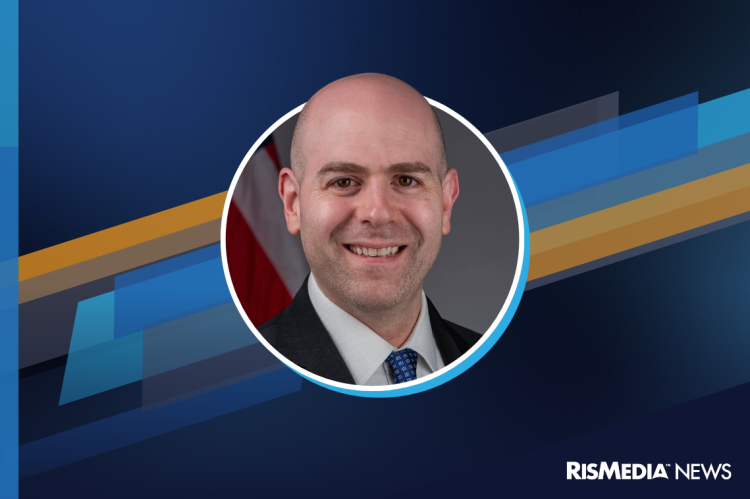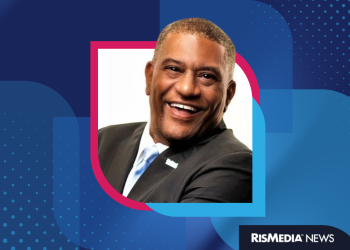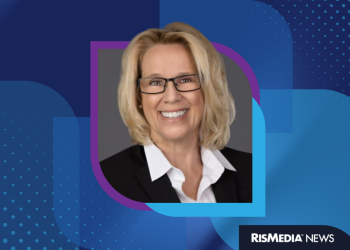Above, Stephen Miran
The Federal Reserve Board of Governors is down a member following the abrupt resignation of Adriana Kugler in August. President Donald Trump has nominated Dr. Stephen Miran, chair of the White House’s Council of Economic Advisors, to serve the remainder of the term, which expires in January 2026.
Miran faced a confirmation hearing on September 4 by the Senate Committee on Banking, Housing and Urban Affairs. Miran’s hearing was held alongside two nominees to the Department of Housing and Urban Development and two nominees to the Department of the Treasury.
Most, but not all, questions at the hearing were directed to Miran. Topics ranged from how independent he will remain from the President’s wishes if confirmed to the Fed to his role in architecting the administration’s economic agenda, tariffs especially, in his post at the Council of Economic Advisors.
In 2024, Miran co-authored a paper at the Manhattan Institute think tank arguing for a series of reforms to the Fed. The paper argued, in its introduction, that “pure independence exists only in textbooks” and current central bank independence “can also bestow power without accountability.” The paper’s reform recommendations included measures to increase Presidential oversight over Fed board members. This paper, and how Miran’s nomination reflects and/or contradicts its arguments, was often mentioned during the hearing.
The ranking Democratic member of the committee, Senator Elizabeth Warren (D-MA), said in her opening remarks that “we’re holding the wrong hearing today,” claiming Miran’s hiring is the latest move in the President’s campaign to “seize control of the Federal Reserve.”
Warren cited Trump’s frequent public calls for Fed Chair Jerome Powell to lower interest rates and his attempted firing of Fed Governor Lisa Cook for alleged mortgage fraud; if Cook, who is now the subject of a Department of Justice investigation, is removed then a majority of the Fed board will be Trump nominees.
In Miran’s questioning from Committee Chairman Tim Scott (R-SC), Miran maintained that Fed independence is “paramount” and he would act to preserve it.
“The President nominated me because I have policy views that I suppose that he liked,” Miran said, but still claimed he would still “act independently, as the Federal Reserve always does, based on my own personal analysis of economic data.”
In Warren’s subsequent questioning of Miran, she cited text from his Manhattan Institute paper that “to pretend that one can easily shift between highly political roles and allegedly non-political roles without letting political biases inform policy is at best naive and at worst sinister.”
Warren subsequently asked questions designed to test Miran’s independence, asking him to say if Trump lost the 2020 presidential election and if he agreed with Trump’s claims that the Bureau of Labor Statistics had “cooked” data. Trump made these allegations upon the firing of BLS Head Erika McEntarfer after the July jobs reports.
Miran answered Warren’s questions by saying that Joe Biden was certified as winner of the 2020 election and that the BLS data had supposedly deteriorated in quality.
Democratic Senator Mark Warner (VA), making references to “mortgage witch hunts” and the accusations against Cook, later asked Miran about the BLS firing and if it was legal. Miran answered he is not trained as a lawyer and so unqualified to answer. Senator Bernie Moreno (R-OH) later asked Miran if he had ever lied on a mortgage application; Miran said that he had not. Miran is “already ahead of the game,” said Moreno.
Another recurring line of questioning during the hearing was if Miran would remain in his position on the Council of Economic Advisors. He maintained that, per the advice of counsel, he would take an unpaid leave of absence while serving the remaining months of the Fed term. If he were confirmed to a longer term on the Fed, he would resign from the Council.
Democratic Senators Andy Kim (NJ) and Chris Van Hollen (MD) pointed to potential conflicts of interest, as Miran would still technically be an employee of the White House while serving on the Fed and that, hypothetically, his future employment could be dependent on enacting his employer’s policy wishes. Van Hollen in particular said it’s “not credible” that Trump would hire Miran back to the Council of Economic Advisors if he voted against his preferences given Trump’s track record of threatening to fire Powell.
“Your nomination is getting rushed through because the President is frustrated with the Fed for not cutting rates,” said Senator Tina Smith (D-MN) during her questioning of Miran. The next Federal Open Market Committee (FOMC) meeting is later this month, from Tuesday-Wednesday, September 16-17.
During his questioning by Smith, Miran mentioned that “it’s a mistake to focus solely on monetary policy when thinking about the path of inflation and employment.” He pointed to “disinflationary” policies implemented since January 2025, such as immigration enforcement.
Miran claimed that immigration is one of the primary drivers of rent inflation, due to population growth outpacing supply growth. The Trump 2024 campaign made similar claims that illegal immigration was making housing more unaffordable, though a 2024 Harvard study found that immigration is largely not contributing to housing unaffordability.
What the HUD nominees had to say
Though Miran was the primary focus during the hearing, two of the other nominees could play critical roles in housing policy. Ben Hobbs and Ronnie Kurtz were both nominated to be assistant secretaries at HUD. If confirmed, Hobbs will be assistant secretary of public and Indian housing, while Kurtz will be assistant secretary of community planning and development.
Chairman Scott, in his opening remarks, said that Kurtz will play a key role in implementing the Road to Housing Act when it becomes law. This refers to a large housing reform bill passed out of the committee in July.
Scott later asked Hobbs (a former staffer of his) to discuss “the lessons he learned” working on opportunity zones, or areas designated to give tax advantages to developers for community revitalization. Scott cited a statistic that the median age of first-time homebuyer is now 38, and suggested opportunity zones are a crucial program for adding needed “diversity” to housing.
Senator Catherine Cortez Masto (D-NV), before questioning Miran about his tariff views, asked Hobbs about increasing affordable housing supply in Indian country—Hobbs answered that he wants to reduce regulatory burdens.
During Moreno’s questioning, he asked Hobbs why he believes homelessness is going up despite “a record number of money” being spent to tackle it. “The solution to homelessness isn’t just a house,” Hobbs answered, pointing to a need to tackle issues such as crime and mental health.
Moreno next asked Kurtz about his plans to address the housing sector if he is confirmed. Kurtz reaffirmed housing affordability and availability will be tackled primarily at the local level. He pointed to “onerous” requirements for localities to get money for housing development from HUD, and expressed a desire to “take inventory” of HUD programs to make them more effective, echoing a phrase used by HUD Secretary Scott Turner.
For the full recording of the hearing, click here.












